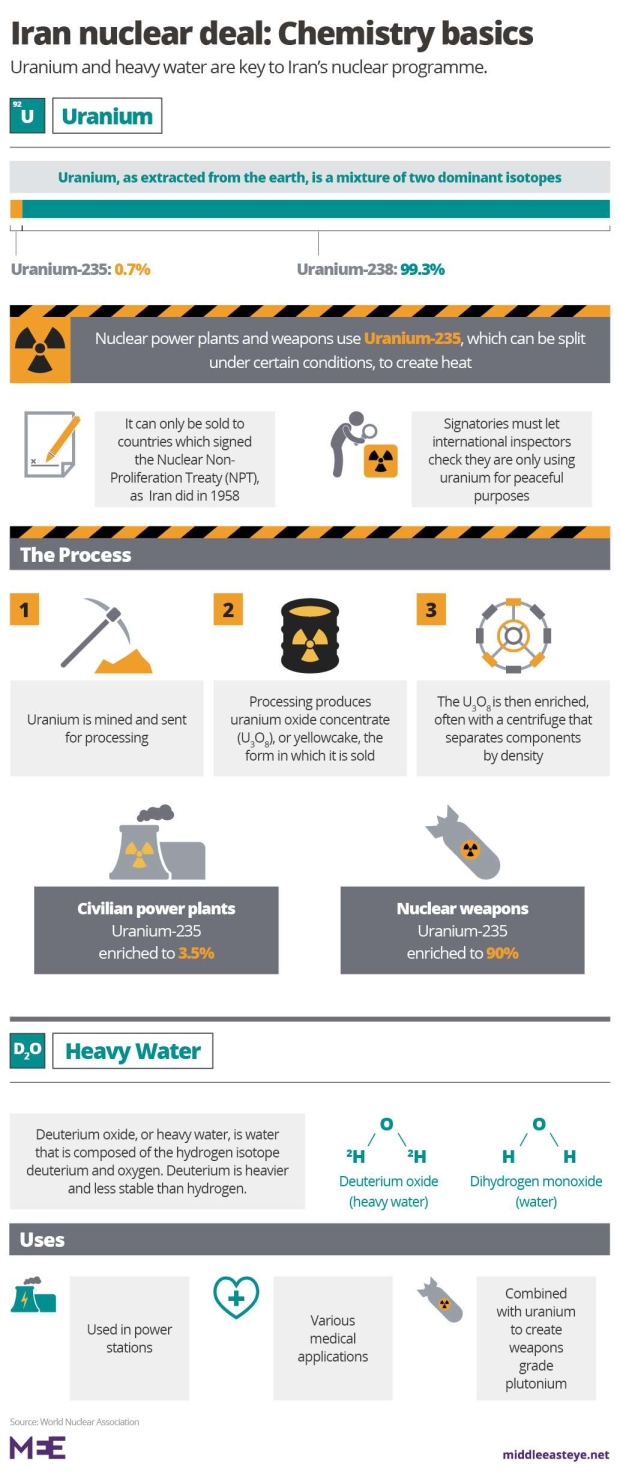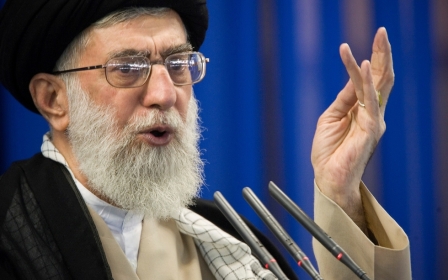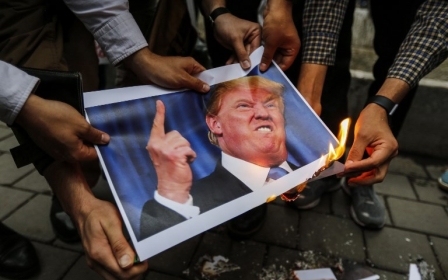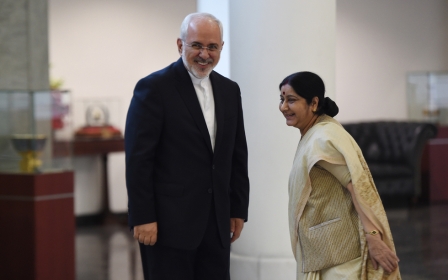Iran to restart uranium capacity building process, says country's nuclear agency
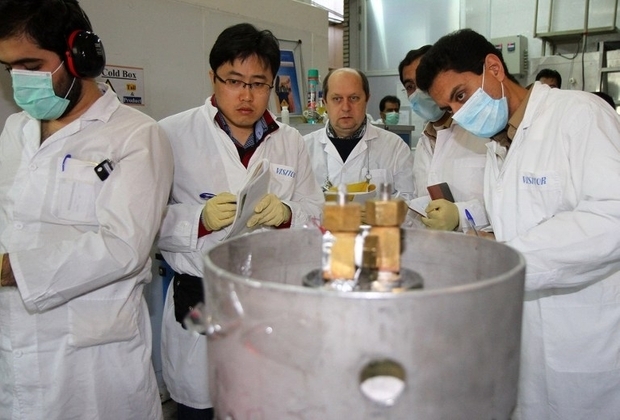
Tehran will inform the UN nuclear watchdog IAEA on Tuesday that the country will start a process to increase its uranium enrichment capacity, Iran's Atomic Energy Organisation spokesman Behrouz Kamalvandi told ISNA news agency.
"In a letter that will be handed over to the International Atomic Energy Organisation... Iran will announce that the process of increasing the capacity to produce... UF6 (uranium hexafluoride)... will start on Tuesday," Kamalvandi said.
He said Iran had the capacity to accelerate production of centrifuges, which are used to enrich uranium. The UF6 is a feedstock for centrifuges.
Earlier on Monday, Iran's Supreme Leader Ayatollah Ali Khamenei hinted at the move by warning European leaders against their "dream" of Tehran continuing to curb its nuclear programme while finding itself under new economic sanctions.
"From some European countries we get the message that they expect the Iranian people to both tolerate the sanctions, deal with the sanctions, and go along with them and give up our nuclear energy activities and continue with the restrictions," he told an audience in a Tehran suburb.
"I would tell these countries that they should be aware that this is a dream that will never come true."
Khamenei spoke nearly a month after President Donald Trump announced the United States was pulling out of the landmark Iran nuclear deal.
The remaining partners - Britain, China, France, Germany and Russia - have scrambled to save the 2015 accord as the US readies to reimpose sanctions on Tehran.
"The people of Iran and the government of Iran will never tolerate both suffering from sanctions and nuclear restrictions," said Khamenei.
"This will never happen," he said during a ceremony to mark the 29th anniversary of the death of revolutionary leader Ayatollah Ruhollah Khomeini.
The Iran deal paved the way for the partial lifting of international sanctions against the country, in exchange for Tehran curbing its nuclear programme for a number of years.
Khamenei and various Iranian political figures have already warned that Iran could leave the agreement if it no longer receives the economic benefits it signed up for.
Late last month, the supreme leader outlined Iran's demands for it to stay in the nuclear deal.
But the remaining backers of the accord have limited power to protect Iran's economic interests in the face of US sanctions, with Trump showing little inclination to spare EU companies.
Shortly after Khamenei's speech, French car maker PSA announced it was pulling out of two joint ventures to sell its cars in Iran owing to the US sanctions.
Last week, the chief executive of French oil giant Total - a symbol of foreign companies' return to Iran after 2015 - said the chances of winning sanctions exemptions were "very slim".
New MEE newsletter: Jerusalem Dispatch
Sign up to get the latest insights and analysis on Israel-Palestine, alongside Turkey Unpacked and other MEE newsletters
Middle East Eye delivers independent and unrivalled coverage and analysis of the Middle East, North Africa and beyond. To learn more about republishing this content and the associated fees, please fill out this form. More about MEE can be found here.


